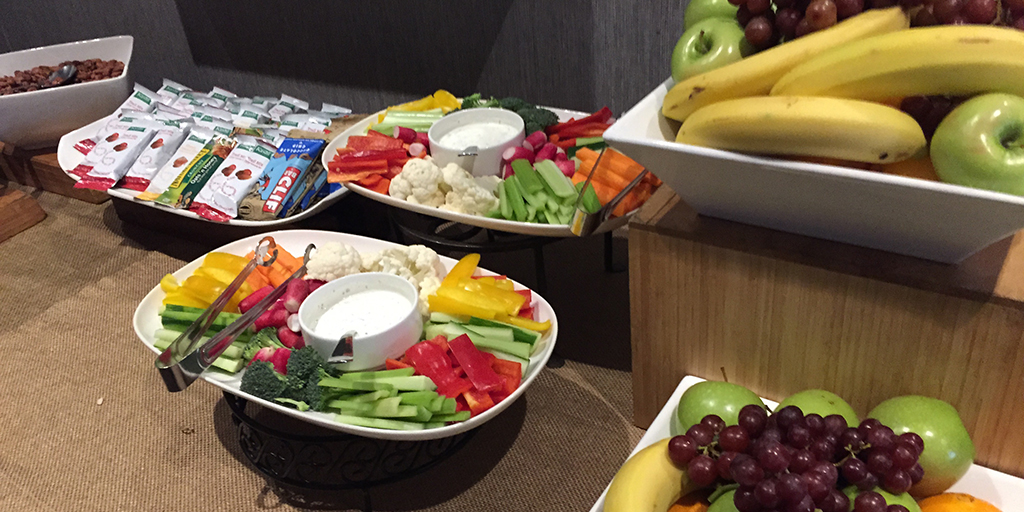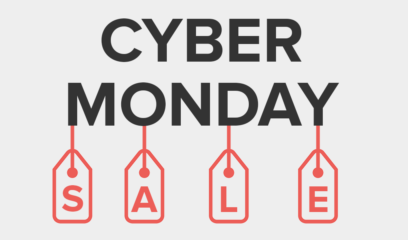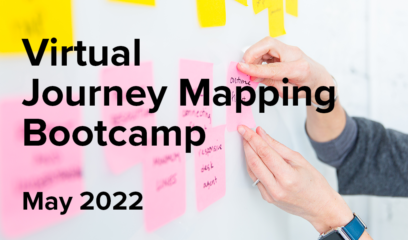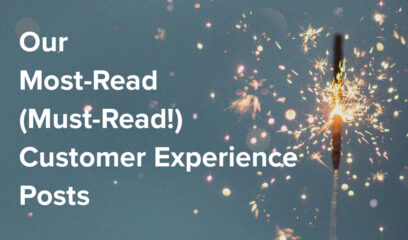Workshopping is hungry work. Our workshop participants are often on their feet, illustrating the details of a recent experience or prototyping an ideal customer journey. While a platter of cookies might suffice for a sedate focus group, it just won’t cut the mustard for a full-day workshop. Food and beverage details might feel deep in the weeds when it comes to workshop planning, but these catering tips will help keep everyone in your workshop engaged and ward off the dreaded afternoon slump:
- Pack in the protein. Workshop participants (and facilitators!) need a lot of brain fuel. This means providing a healthy array of things to munch on, like yogurt and fruit for breakfast and a protein-rich lunch with options like salad, grilled chicken, and salmon. This isn’t to say that all carbs are banned, but if your lunch buffet is exclusively pasta, expect your workshop to get a lot quieter in the afternoon as everybody fights off the urge to snooze.
- Take a break! No matter how carefully you choose your lunch menu, it’s normal to see some glazed expressions around 2 or 3 pm. This is one instance where our low-sugar guidelines no longer apply—we’ll often provide an afternoon snack of brownies or trail mix. The sugar rush helps everybody get through the last couple of exercises, and the inevitable crash comes after the workshop is over.
- Hydrate, caffeinate, rejuvenate. Ideally, each table should get its own water pitcher and glasses, so participants don’t have to interrupt an animated discussion to get up and quench their thirst. Ensure there are also frequent, brief breaks so everybody can stretch their legs and refresh their caffeinated beverage of choice.
Providing a tasty array that will last throughout the day doesn’t necessarily come cheap—catering is by far the largest expense of securing a workshop venue. But we’ve found that it’s absolutely worth the splurge, because participants can’t focus on the work to be done if their stomachs are rumbling. That’s why no one has ever left any of our workshops hungry. 😉




